- Home
- Health Condition
Medicine For Heart Attack Prevention
Medicine For Heart Attack Prevention
- Total Items (161)
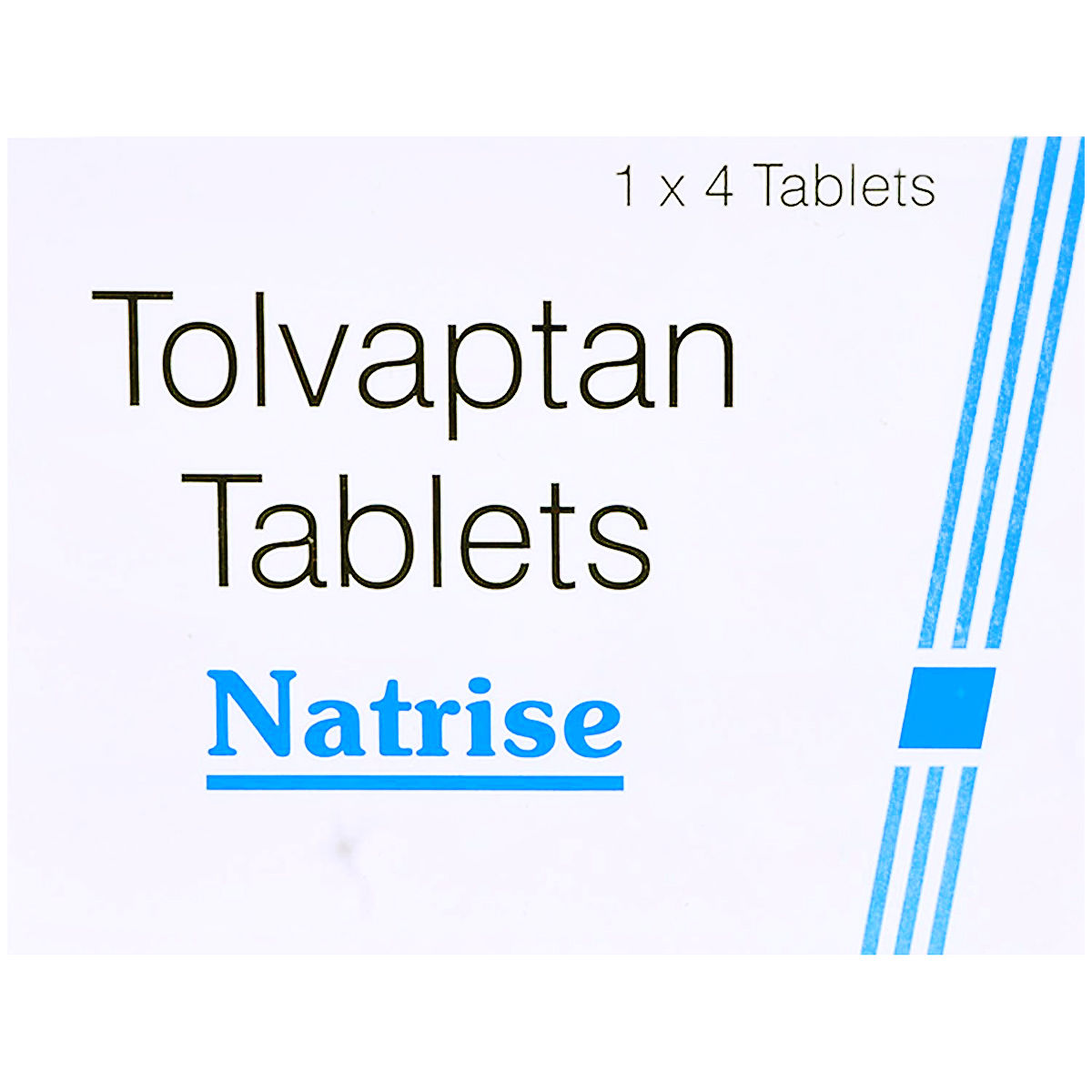 RX
RXNatrise Tablet 4's
₹528.30
MRP ₹587
10% off
 RX
RXVymada 50 mg Tablet 14's
₹639.50
MRP ₹710.50
10% off
 RX
RXVymada 100 mg Tablet 14's
₹824.40
MRP ₹916
10% off
 RX
RXVymada 200 Tablet 7's
₹734.40
MRP ₹816
10% off
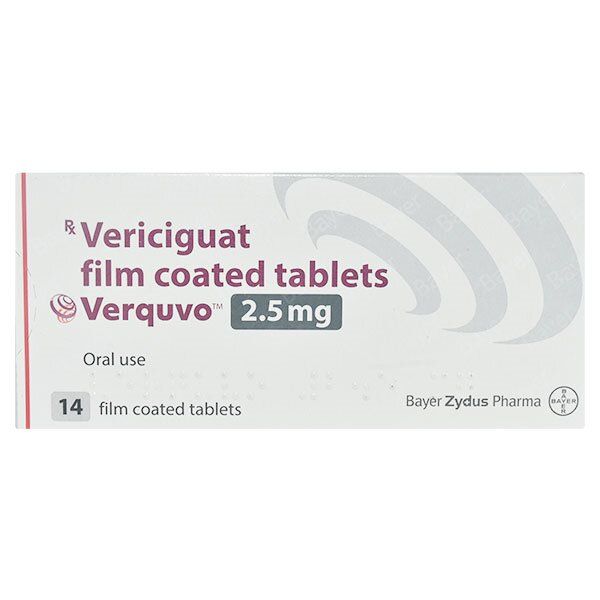 RX
RXVerquvo 2.5 mg Tablet 14's
₹1904.50
 RX
RXAzmarda 50 mg Tablet 14's
₹603
MRP ₹670
10% off
Minimum Order Qty: 2
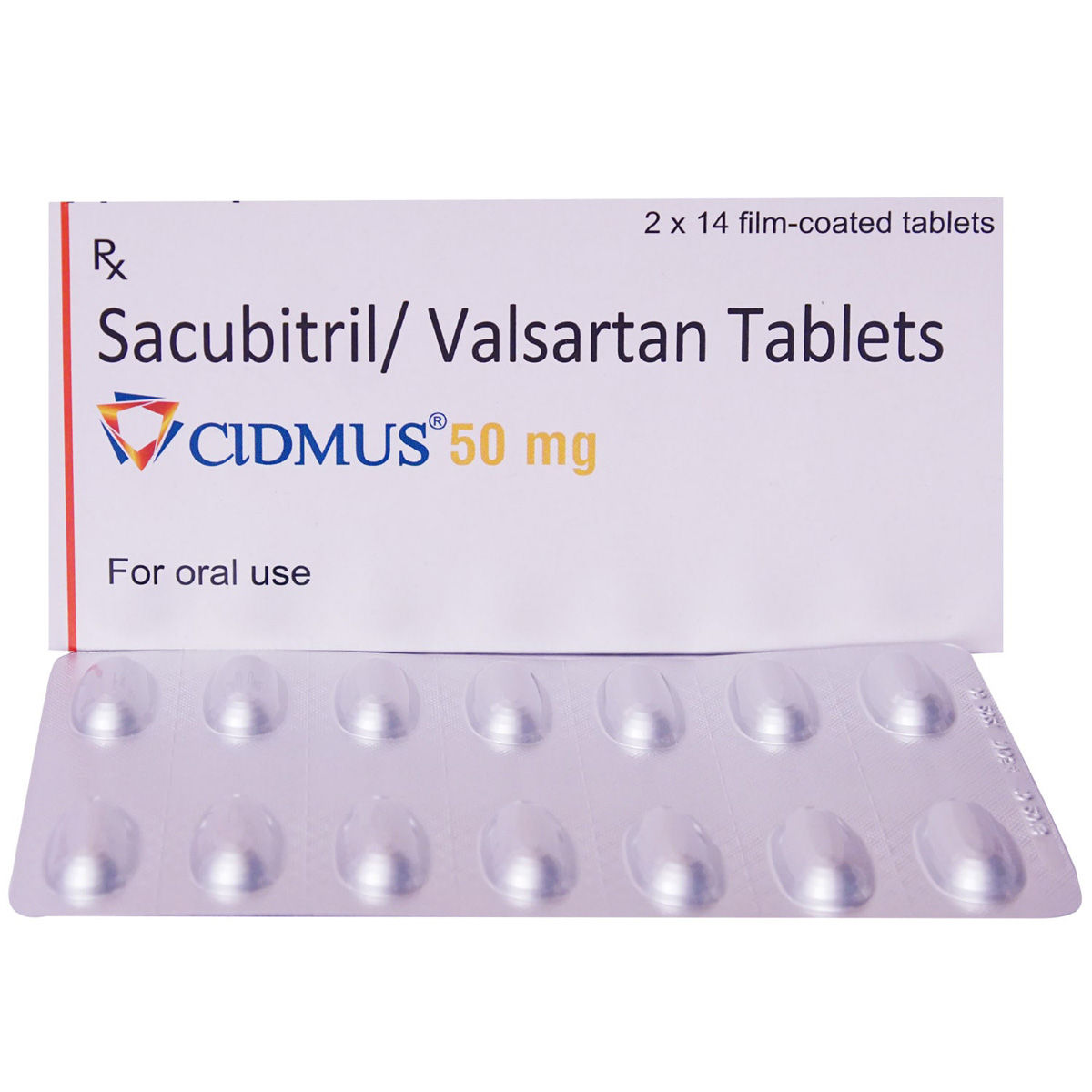 RX
RXCidmus 50 mg Tablet 14's
₹441.50
MRP ₹490.50
10% off
 RX
RXIsolazine Tablet 15's
₹207.50
MRP ₹230.50
10% off
 RX
RXTolvat 15 Tablet 4's
₹554.40
MRP ₹616
10% off
 RX
RXVerquvo 5 mg Tablet 14's
₹1904.50
 RX
RXVerquvo 10 mg Tablet 14's
₹1714.10
MRP ₹1904.50
10% off
 RX
RXValentas 50 Tablet 10's
₹246.20
MRP ₹273.50
10% off
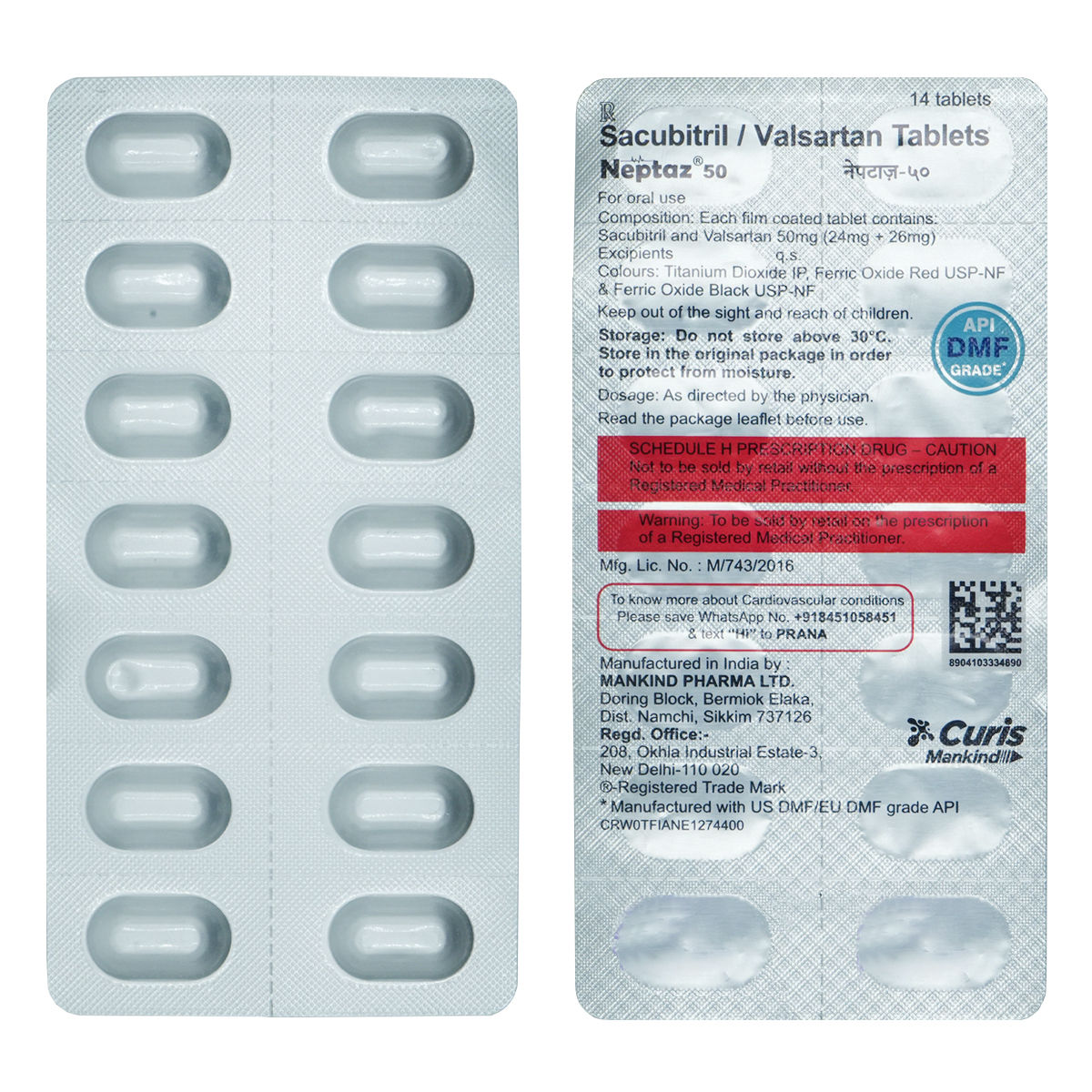 RX
RXNeptaz 50 Tablet 14's
₹317.30
MRP ₹352.50
10% off
 RX
RXAzmarda 100 mg Tablet 14's
₹745.20
MRP ₹828
10% off
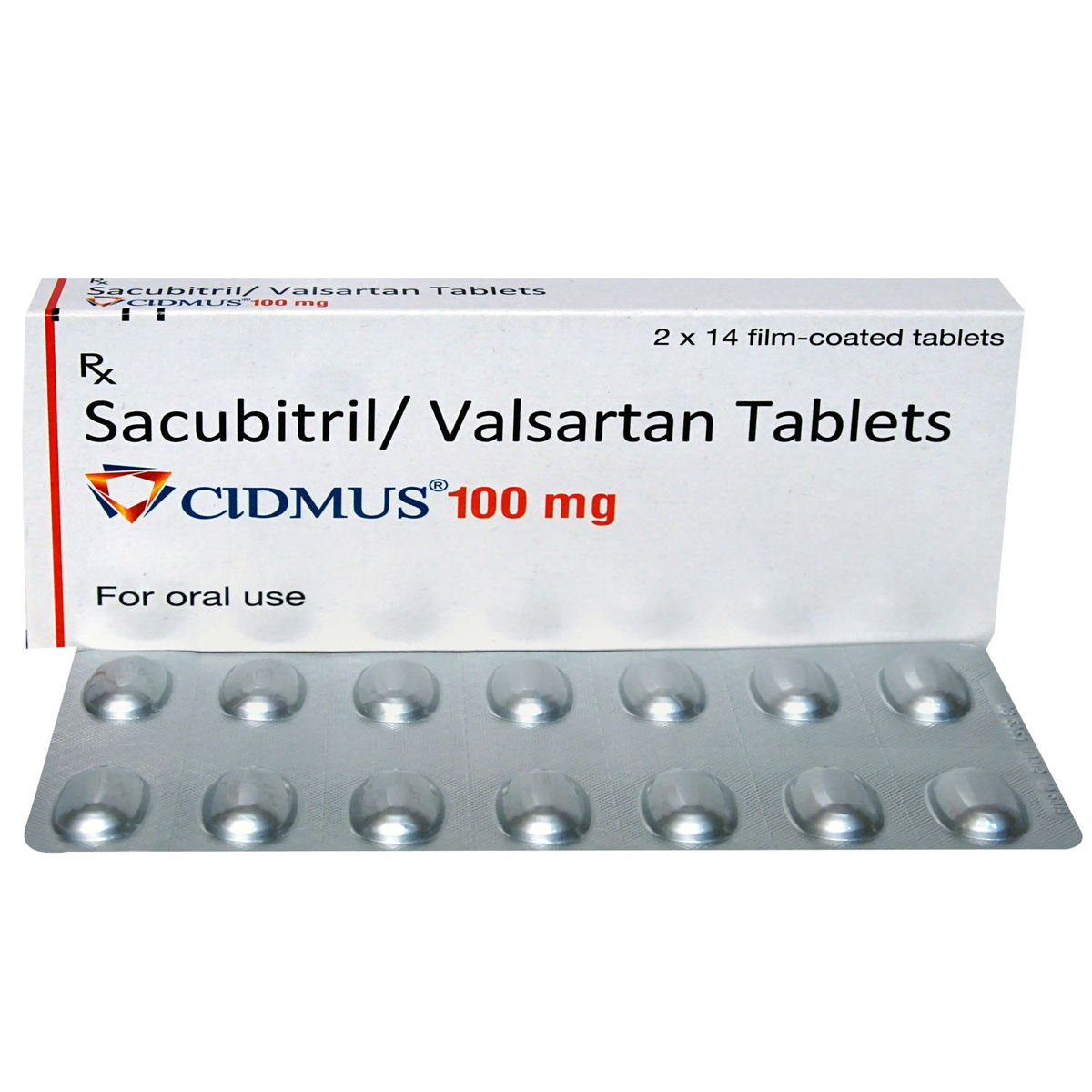 RX
RXCidmus 100 mg Tablet 14's
₹678.60
MRP ₹754
10% off
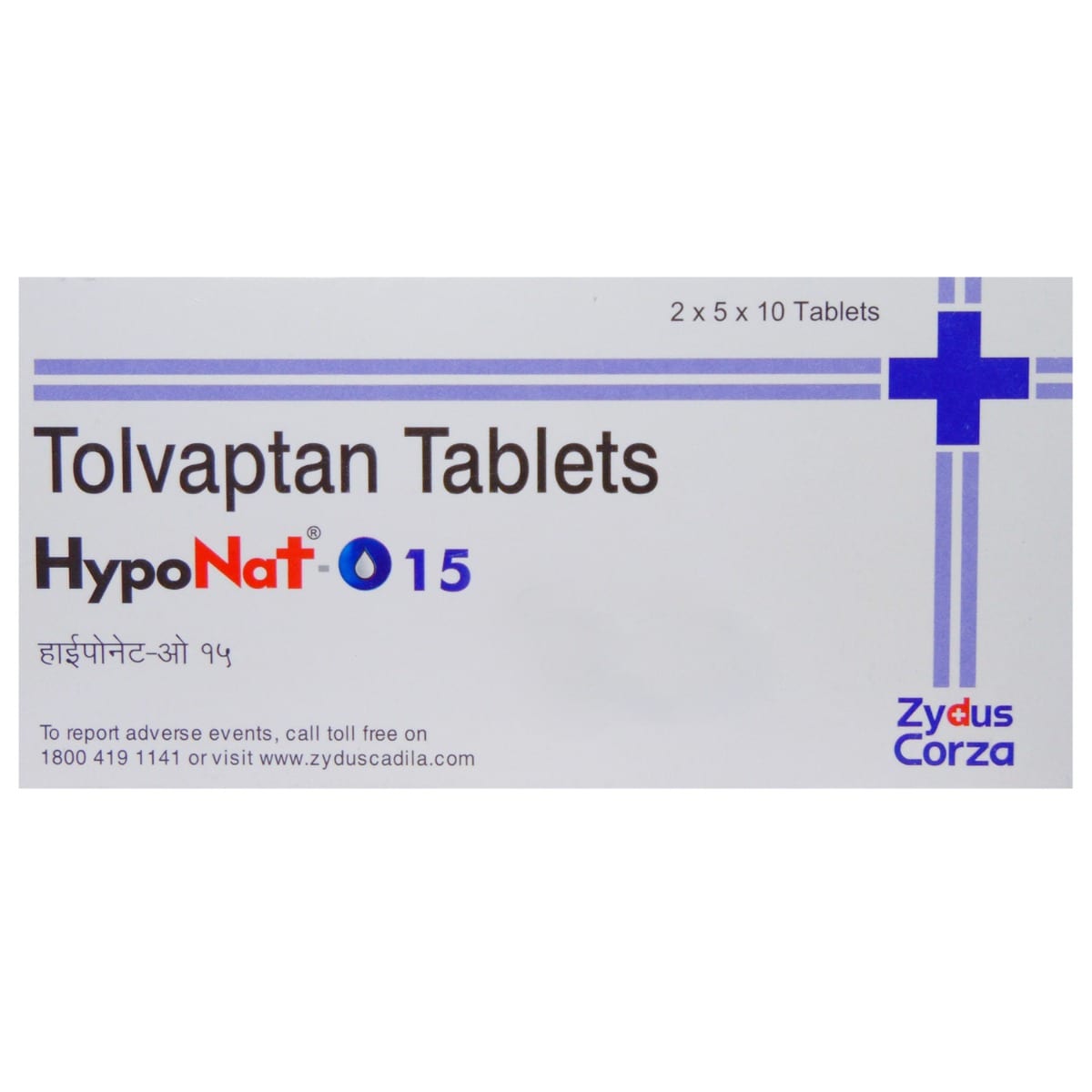 RX
RXHyponat-O 15 Tablet 10's
₹672.80
MRP ₹747.50
10% off
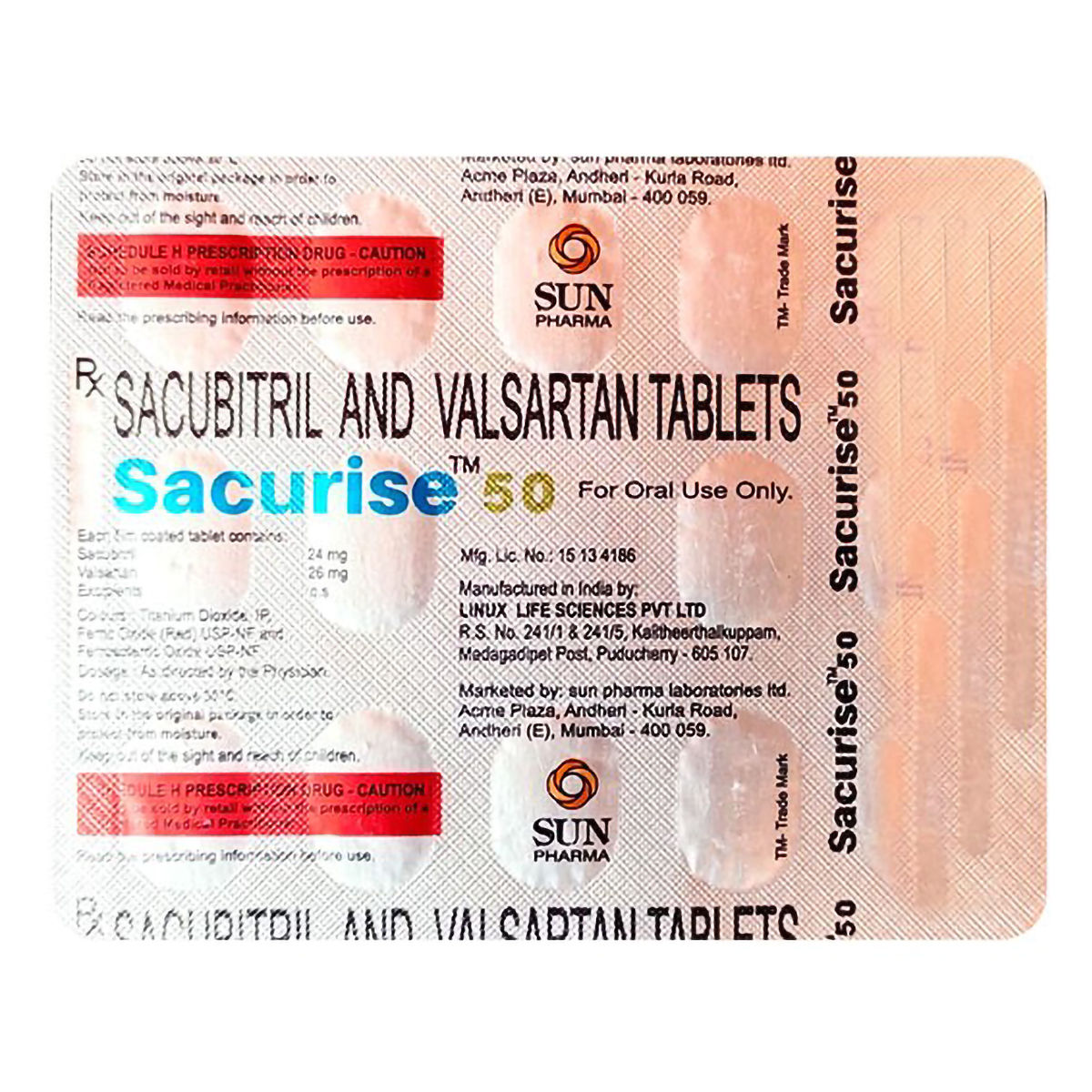 RX
RXSacurise 50 Tablet 14's
₹227.30
MRP ₹252.50
10% off
 RX
RXCidmus 200 mg Tablet 7's
₹547.20
MRP ₹608
10% off
 RX
RXValentas 100 Tablet 10's
₹379.80
MRP ₹422
10% off
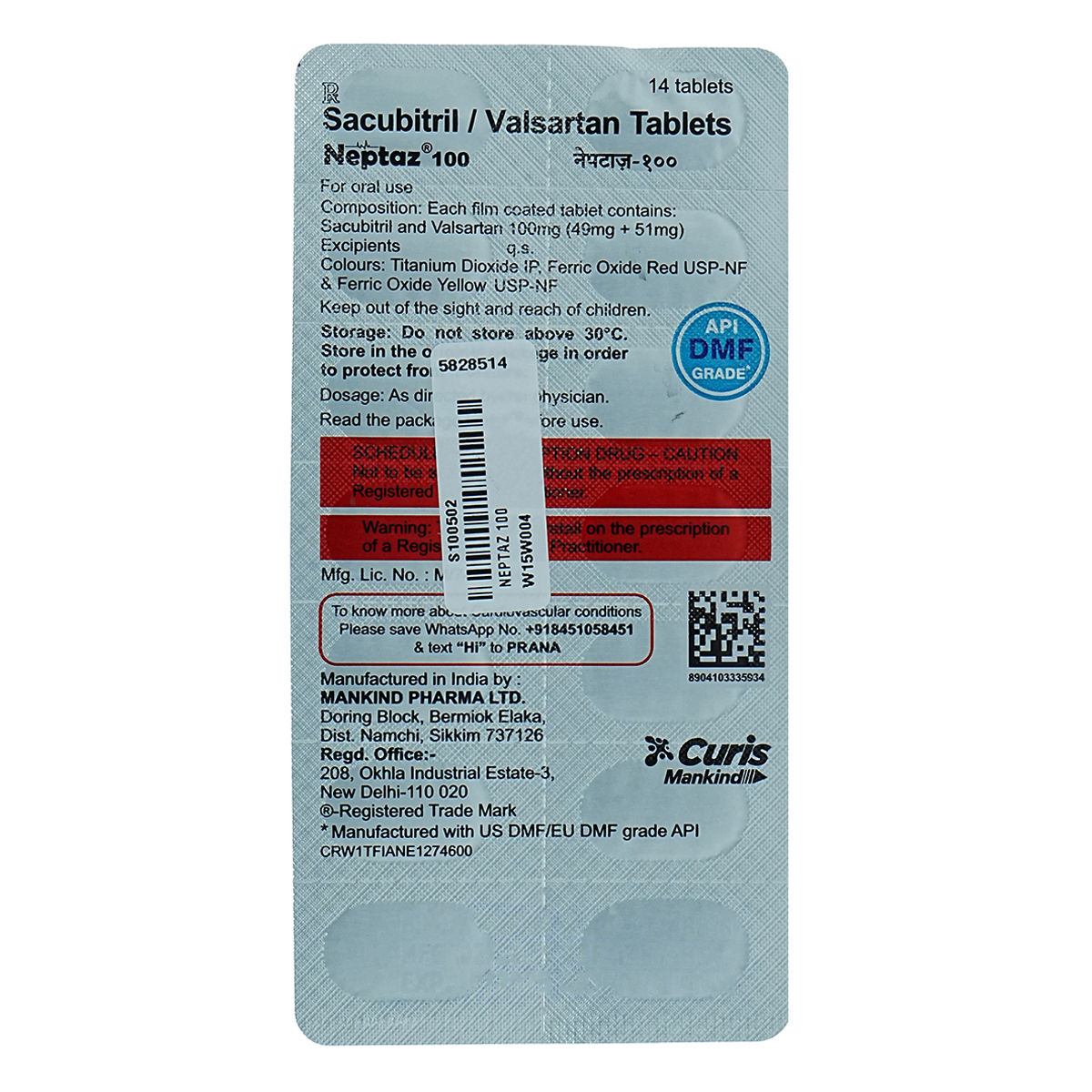 RX
RXNeptaz 100 mg Tablet 14's
₹483.30
MRP ₹537
10% off
 RX
RXSacurise 100 Tablet 14's
₹345.20
MRP ₹383.50
10% off
 RX
RXNeptaz 200 mg Tablet 7's
₹324.90
MRP ₹361
10% off
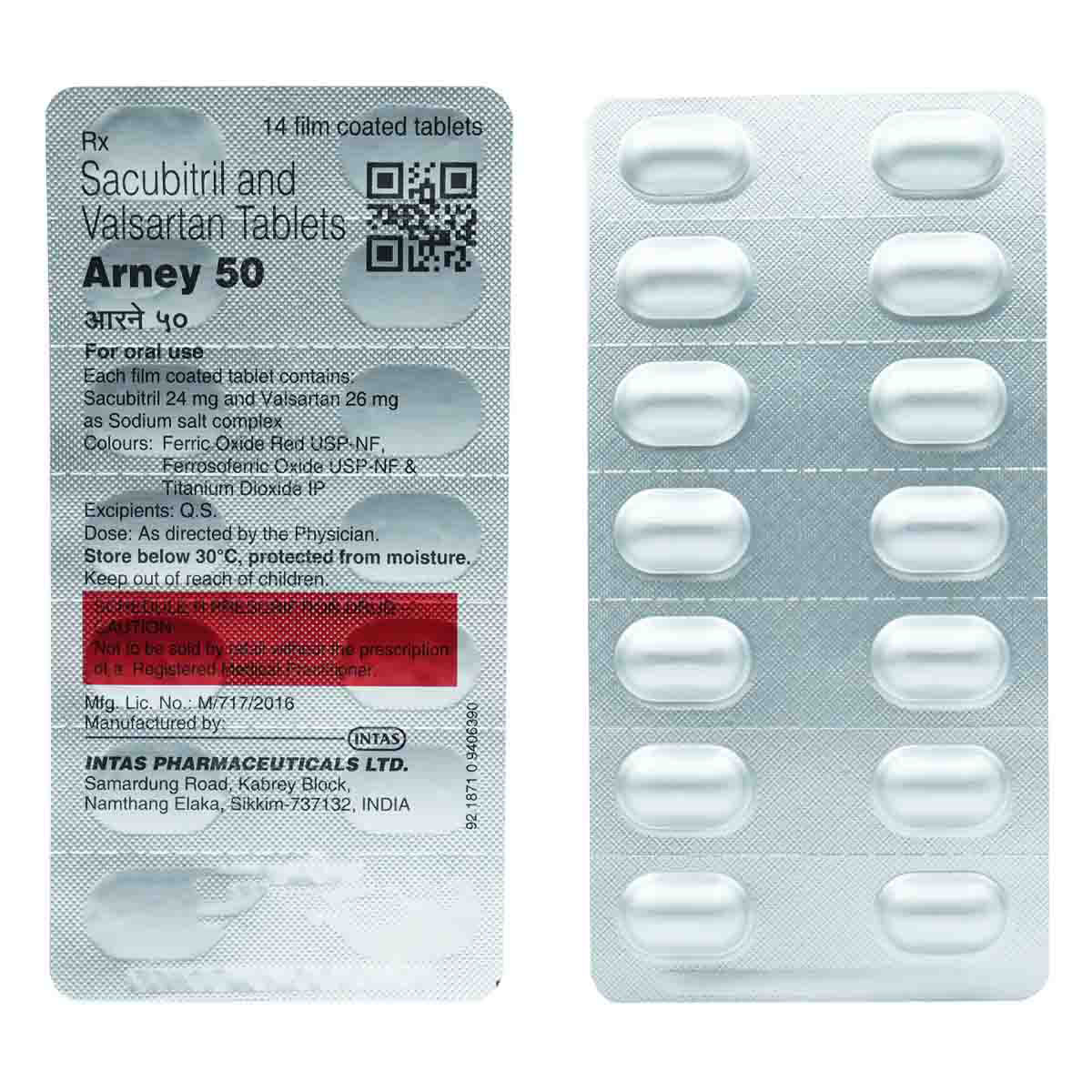 RX
RXArney 50 Tablet 14's
₹302.50
 RX
RXAzmarda 200 mg Tablet 7's
₹602.10
MRP ₹669
10% off
Medicine for heart attack prevention
A heart attack is a serious and potentially life-threatening event, but it’s possible to reduce the risk of having one. By managing risk factors such as high blood pressure, cholesterol, diabetes, and blood clotting, heart attack prevention becomes achievable. Medications play a key role in this process, helping to control these risk factors and protect your heart over time. In this article, we’ll explore the various types of medicines used for heart attack prevention, their benefits, proper usage, and important considerations to help you take proactive steps in maintaining your cardiovascular health.
Types of Medicines Used for Heart Attack Prevention
Various types of medications play a crucial role in preventing heart attacks by addressing different aspects of cardiovascular health and reducing associated risk factors. Common categories of heart attack prevention medications include:
1.Anticoagulants:
- Examples: Warfarin, Heparin, Apixaban, Dabigatran, Rivaroxaban.
- Function: These medications, often referred to as blood thinners, decrease the clotting ability of the blood. They help prevent blood clots from forming in the blood vessels, which can reduce the risk of heart attacks.
2.Antiplatelet Agents:
- Examples: Aspirin, Clopidogrel, Prasugrel, Ticagrelor.
- Function: These drugs prevent blood platelets from sticking together and forming clots. They are often prescribed to individuals who have had a heart attack or are at high risk of having one.
3.ACE Inhibitors and ARBs:
- Examples: Lisinopril, Enalapril, Ramipril (ACE Inhibitors); Losartan, Valsartan, Telmisartan (ARBs).
- Function: These medications help relax blood vessels and lower blood pressure, reducing the workload on the heart. They are used to improve heart function and prevent heart attacks.
4.Beta-Blockers:
- Examples: Atenolol, Metoprolol, Bisoprolol, Carvedilol.
- Function: Beta-blockers reduce the heart rate and the force of the heart's contractions, lowering blood pressure and reducing the heart's oxygen demand. This helps prevent heart attacks and manage heart disease.
5.Calcium Channel Blockers:
- Examples: Amlodipine, Diltiazem, Verapamil.
- Function: These medications relax and widen blood vessels, improving blood flow and reducing blood pressure. They help prevent heart attacks by reducing the heart's workload.
6.Cholesterol-Lowering Medications (Statins):
- Examples: Atorvastatin, Simvastatin, Rosuvastatin.
- Function: Statins lower LDL cholesterol levels in the blood, reducing the risk of plaque buildup in the arteries, which can lead to heart attacks.
7.Nitrates:
- Examples: Nitroglycerin, Isosorbide Mononitrate.
- Function: Nitrates help widen blood vessels, improving blood flow to the heart and reducing chest pain (angina). They are used to prevent and treat angina and reduce the risk of heart attacks.
8.Diuretics:
- Examples: Furosemide, Hydrochlorothiazide, Spironolactone.
- Function: Diuretics help reduce fluid buildup in the body, lowering blood pressure and reducing the heart's workload. They are used to manage heart failure and prevent heart attacks.
Benefits of Using Heart Attack Prevention Medicines
The primary goal of medicine for heart attack prevention is to reduce the risk of having a heart attack and to manage cardiovascular conditions that increase heart attack risk. Here are some key benefits:
- Reduced Risk of Heart Attacks: Heart attack prevention medicines, such as anticoagulants, antiplatelet agents, and statins, help reduce the risk of blood clots and plaque buildup in the arteries, thereby lowering the chances of experiencing a heart attack.
- Lower Blood Pressure: Medications like ACE inhibitors, ARBs, and beta-blockers help manage high blood pressure, which is a major risk factor for heart attacks. By keeping blood pressure under control, these medicines reduce the strain on the heart and improve overall cardiovascular health.
- Improved Blood Flow: Calcium channel blockers and nitrates work to relax and widen blood vessels, improving blood flow to the heart and reducing the risk of angina and heart attacks. This enhanced circulation ensures that the heart receives an adequate supply of oxygen-rich blood.
- Cholesterol Management: Statins and other cholesterol-lowering medications help lower LDL cholesterol levels and increase HDL cholesterol levels in the blood. This reduces the risk of plaque formation in the arteries, which can lead to heart attacks.
- Prevention of Complications: Heart attack prevention medicines can help prevent complications associated with heart disease, such as stroke, heart failure, and arrhythmias. By managing underlying conditions and risk factors, these medicines contribute to overall cardiovascular health.
- Enhanced Quality of Life: By reducing the risk of heart attacks and managing associated conditions, these medicines help improve the quality of life for individuals with heart disease. Patients can enjoy greater peace of mind and engage in daily activities with reduced risk of cardiac events.
- Comprehensive Cardiovascular Care: Using a combination of heart attack prevention medicines as prescribed by a healthcare professional provides a holistic approach to managing heart disease. This comprehensive care plan addresses multiple risk factors and promotes long-term heart health.
Dosage & Usage Instructions of Heart Attack Prevention Medicines
To achieve optimal results and ensure safety, it’s important to follow the prescribed dosage and usage instructions for medicine for heart attack prevention:
- Antiplatelet Medications (e.g., Aspirin, Clopidogrel)
- Typically taken once daily, preferably with food to minimise stomach upset.
- Follow the prescribed dose and do not exceed it to reduce the risk of bleeding.
- Statins (e.g., Atorvastatin, Rosuvastatin)
- Usually taken once daily, often in the evening, as the body produces more cholesterol at night.
- Follow your healthcare provider’s dosage instructions and do not stop the medication without consultation.
- Beta-blockers (e.g., Metoprolol, Atenolol)
- Typically taken once or twice a day.
- Take them consistently and do not skip doses to prevent fluctuating blood pressure and increased heart strain.
- ACE Inhibitors/ARBs (e.g., Lisinopril, Losartan)
- Generally taken once a day.
- Monitor blood pressure regularly and do not stop these medications abruptly, as doing so can cause your blood pressure to rise.
- Calcium Channel Blockers (e.g., Amlodipine, Diltiazem)
- Generally taken once or twice daily.
- Dosage may vary depending on the specific medication, so it’s important to follow your doctor’s recommendations.
Where to Order Medicines for Heart Attack Prevention Online?
Apollo 24|7 offers fast, reliable, and secure delivery of heart attack prevention medicines directly to your doorstep in just 19 to 29 minutes.
Whether you need statins, antiplatelet drugs, or beta-blockers, you can count on Apollo 24|7 for authentic and effective treatment options. Plus, with doctor consultations and lab tests available on the app, we provide comprehensive healthcare solutions all in one place.
Frequently asked questions
The primary medications for heart attack prevention include statins (to lower cholesterol), aspirin (to prevent blood clots), beta-blockers (to manage blood pressure and heart rate), ACE inhibitors (to manage blood pressure), and blood thinners like warfarin or direct oral anticoagulants (DOACs).
Statins are used to lower LDL cholesterol, which can build up in the arteries and cause blockages. By reducing cholesterol levels, statins help prevent the formation of plaques in the arteries, reducing the risk of heart attacks.
Aspirin helps prevent blood clots by thinning the blood, which reduces the risk of blockages in the arteries that can lead to a heart attack. However, aspirin should only be used for heart attack prevention under the guidance of a healthcare provider, as it may not be suitable for everyone.
Yes, blood pressure medications like beta-blockers, ACE inhibitors, and calcium channel blockers help manage high blood pressure, which is a significant risk factor for heart disease and heart attacks. By lowering blood pressure, these medications reduce the strain on the heart and blood vessels.
The timing of starting heart attack prevention medications depends on your individual risk factors, such as cholesterol levels, blood pressure, age, and family history of heart disease. It's best to consult your healthcare provider to determine the right course of action based on your health profile.
